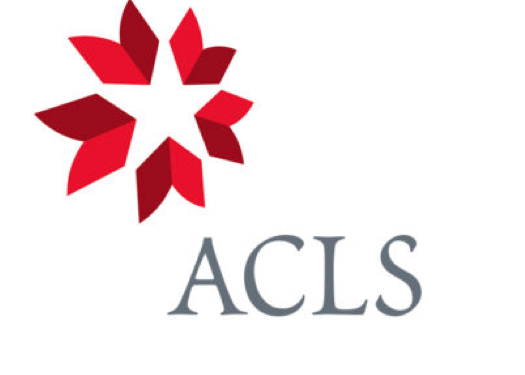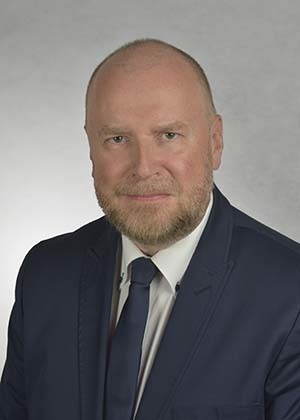
Three Arts and Letters faculty members have been awarded 2019 fellowships by the American Council of Learned Societies (ACLS).
The Notre Dame researchers — two historians and one theologian — were among 81 fellows named from more than 1,100 applicants in the 2019 award cycle. ACLS awardees are selected for excellence in the humanities and humanistic social sciences, and the fellowships support six to 12 months of full-time research and writing.
Notre Dame winners include Yury P. Avvakumov, associate professor of theology; Katie Jarvis, assistant professor of history; and Emily Remus, assistant professor of history.
Harbinger of Christian unity
According to Yury Avvakumov, the 2014 Russian annexation of Ukrainian Crimea cannot be properly understood without knowing the religious history of both nations, as well as the confessional history of the Christian East-West divide.
“A fruitful way to examine this history is by studying the figure who was at the front lines of those debates and conflicts: Ukrainian Metropolitan Andrey Sheptytsky,” Avvakumov said. His ACLS fellowship will enable him to explore the history of Sheptytsky’s activities and consider ideas of Christian unity and Christian politics as debated by Sheptytsky and his interlocutors.
 Yury Avvakumov
Yury Avvakumov
“Sheptytsky developed a sort of a love-hate relationship with Russia,” Avvakumov said. “He was fascinated by Russian Orthodoxy but abhorred its servility towards the Russian state. He wanted to reconcile Russian Christianity with the Roman Pope and to liberate Russians and Ukrainians from what he saw as an imperialist and oppressive regime.”
Avvakumov will conduct research in archives in Eastern Europe, particularly in Ukraine, France and, foremost, at the Vatican.
“I feel honored by this award — particularly as someone working in theology and Church history,” Avvakumov said.
For Avvakumov, the contexts for his research also strike deep personal chords. “Russia is the country in which I was born and raised, and I know Russian Christianity not from without but from within,” he said. “Ukraine is a country in which I served academically for a considerable period, and one which I got to know, to respect, to love and — I hope — to understand.”
Avvakumov noted that “the leadership of the Russian Orthodox Church of the Moscow Patriarchate is not only intimately allied with the Russian state bureaucracy today; it has also become the most significant driving force of Russia’s anti-democratic and imperialist state ideology.”
“Russia’s propaganda war and military intervention in Ukraine was a prelude to its interference in the 2016 United States elections. The methods here and there are very similar, and they have the same purpose of discrediting the very idea of democracy and its institutions,” he said.
Avvakumov added that Sheptytsky, who lived and worked in the first half of the 20th century, proposed a vision of Christianity that was radically opposed to the militant confessionalism of his day, which eagerly provided justification for geopolitical conflicts. In this sense, Sheptytsky and his interlocutors appear today as largely forgotten prophets of ecumenism and advocates for democratic values in Eastern Europe.
Originally published at news.nd.edu.